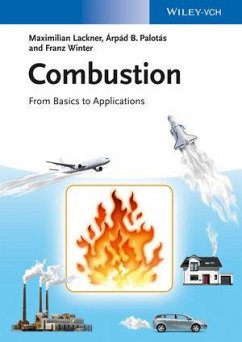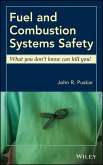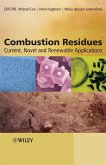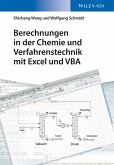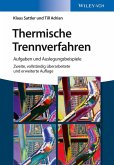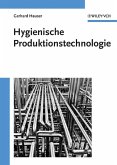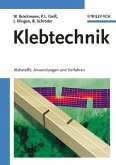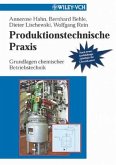Combustion, the process of burning, is defined as a chemical reaction between a combustible reactant (the fuel) and an oxidizing agent (such as air) in order to produce heat and in most cases light while new chemical species (e.g., flue gas components) are formed. This book covers a gap on the market by providing a concise introduction to combustion. Most of the other books currently available are targeted towards the experienced users and contain too many details and/or contain knowledge at a fairly high level. This book provides a brief and clear overview of the combustion basics, suitable for beginners and then focuses on practical aspects, rather than theory, illustrated by a number of industrial applications as examples. The content is aimed to provide a general understanding of the various concepts, techniques and equipment for students at all level as well as practitioners with little or no prior experience in the field. The authors are all international experts in the field of combustion technology and adopt here a clear didactic style with many practical examples to cover the most common solid, liquid and gaseous fuels. The associated environmental impacts are also discussed so that readers can develop an understanding of the major issues and the options available for more sustainable combustion processes. With a foreword by Katharina Kohse-Höinghaus
Dieser Download kann aus rechtlichen Gründen nur mit Rechnungsadresse in A, B, BG, CY, CZ, D, DK, EW, E, FIN, F, GR, HR, H, IRL, I, LT, L, LR, M, NL, PL, P, R, S, SLO, SK ausgeliefert werden.

